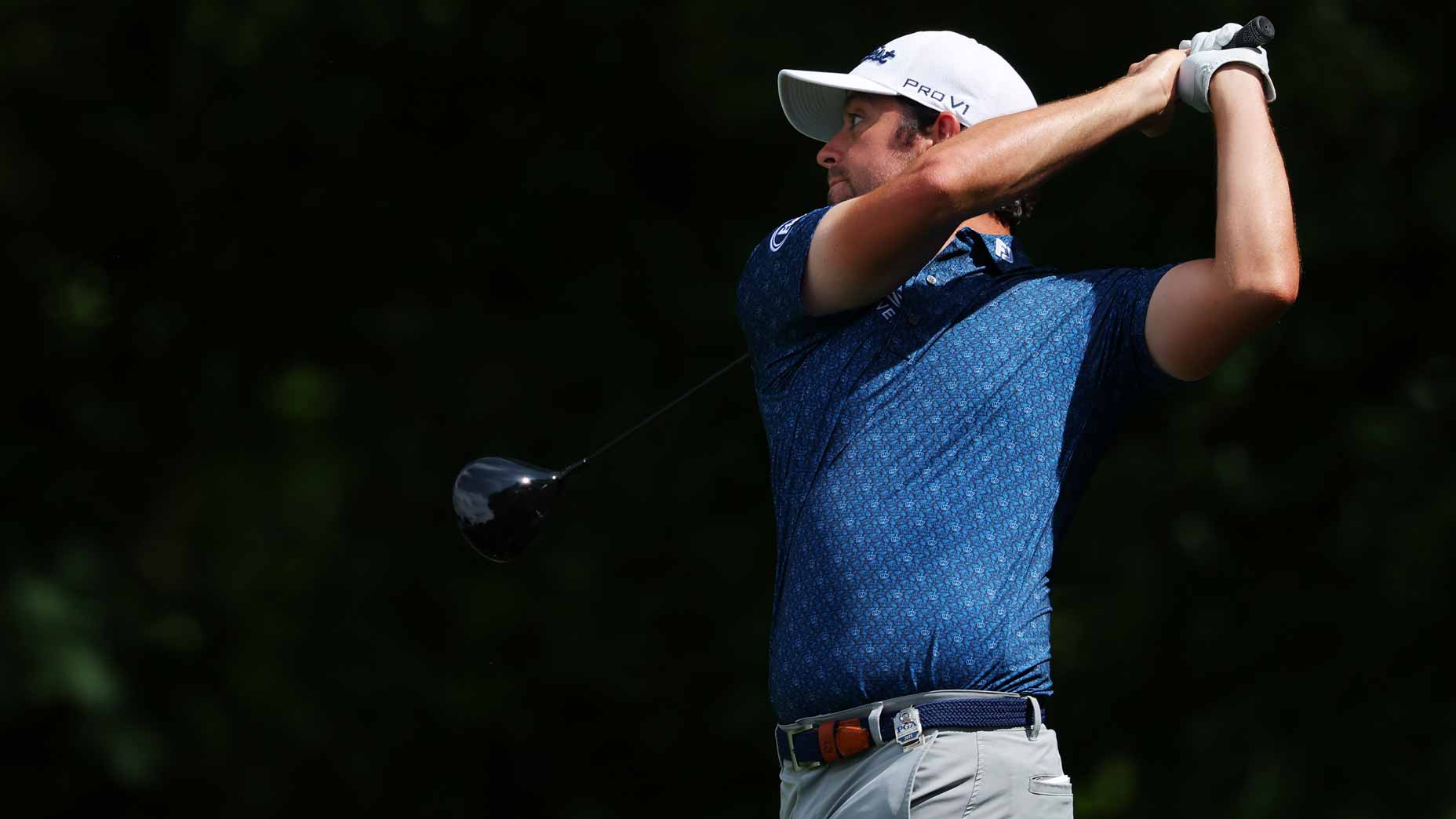Perhaps more than any other sport golf is mired with etiquette quandaries, from where to walk, to when to pay off a bet, to how to mark your ball. But fear not! Our resident Etiquetteist is here to help you negotiate tricky dilemmas at the club and on the course. (Looking for swing tips? Sorry, bud, you’re on your own there.) This week, our Etiquetteist wonders if it’s okay to offer unsolicited advice.
A reader asks: “My buddy was shanking it all over the place the other day. I could tell that he was standing too close to the ball but when I told him, he got mad. He said you should never give unsolicited swing tips. True?”
It’s possible that your buddy really was standing too close to the ball. He also probably has poor posture, a bad grip and terrible tempo. As long as we’re at it, he likely doesn’t floss every morning, either. But while his dentist is free to reprimand him on his oral hygiene, your pal is right: It’s not your place to be his self-appointed swing instructor.
“I’ve just always thought of it as a no-no,” says former Tour pro-turned-NBC commentator Mark Rolfing. “You’re going down a road you just shouldn’t go.”

Even in pro-ams, during his playing days, Rolfing says he refrained from offering unsolicited swing tips. Instead, his custom was to gather up his group on the practice green or range, and tell them just to go out and enjoy the day.
“One of the problems with unsolicited advice is, you might not know the whole story,” Rolfing says. “The guy might have an ailment or some physical limitation that prevents him from making a full shoulder turn or whatever. There could be a very good reason he’s got the swing that he has.”
The other problem, of course, is the presumptuousness. Most of us aren’t Tour pros, much less swing gurus. We lack the expertise to thrust ourselves into that role, even when we’re playing with our closest friends. Far from helpful, any counsel we offer is likely to only make things worse, intensifying our playing partner’s frustrations. Now look what you’ve done: You’ve given your pal a reason to start pointing fingers, when, deep down, he knows that he has only himself to blame. The two of you have entered fragile social and emotional territory, the kind of grounds on which it’s best not to tread.
The good news is, it’s all so easily avoided. When it comes down to it, most of us golfers are gluttons for information. We just want that information on our own terms.
“All you have to do is start with a question rather than a statement,” Rolfing says. “Ask them, ‘Hey, are you open to some input? I think I’ve noticed something. Do you have any interest in hearing it?”
There’s a good chance he or she will say yes.
There’s also a good chance that the tip will not be helpful. But no matter: at least you’ve gone about it in the right way.
Oh, and if your friend has something caught between his teeth, tell him that, too.







